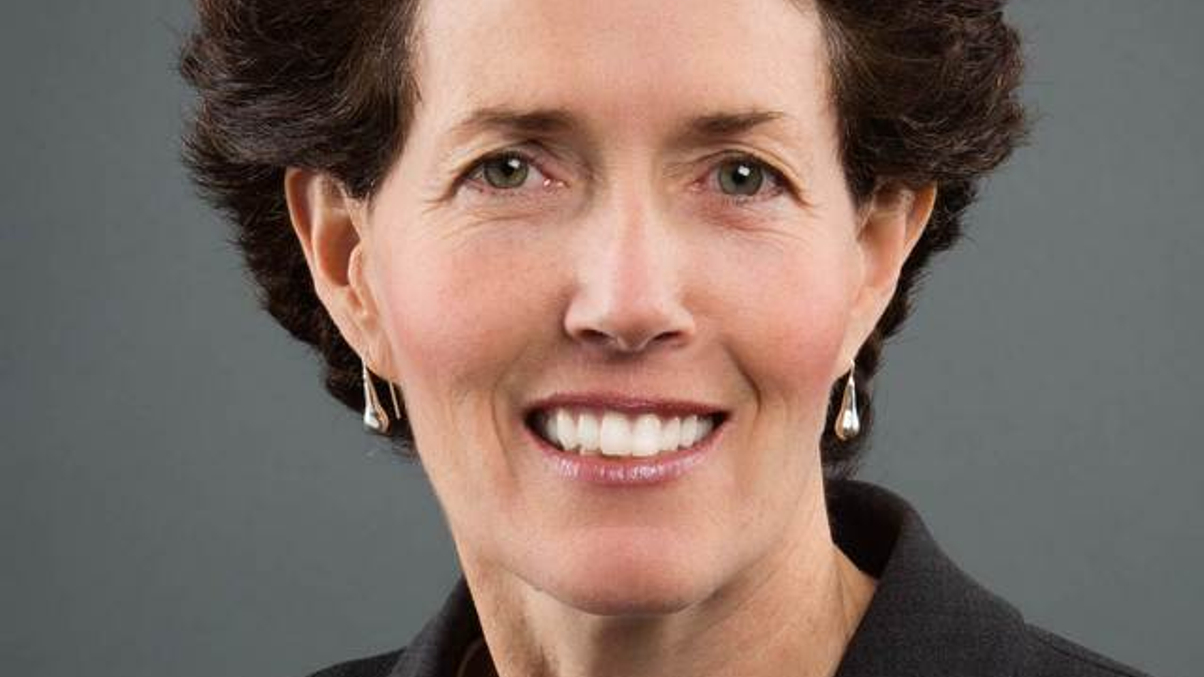MFS plans China office, but not MRF entry
The US fund house is likely to set up a wholly foreign-owned entity in China, but is still researching its entry options. It does not currently aim to use the mutual recognition scheme.

Boston-based MFS Investment Management intends to open an office in China – likely as a wholly foreign-owned enterprise (WFOE) – but has no plans to participate in the Hong Kong-China mutual recognition of funds scheme.
Sign in to read on!
Registered users get 2 free articles in 30 days.
Subscribers have full unlimited access to AsianInvestor
Not signed up? New users get 2 free articles per month, plus a 7-day unlimited free trial.
¬ Haymarket Media Limited. All rights reserved.


